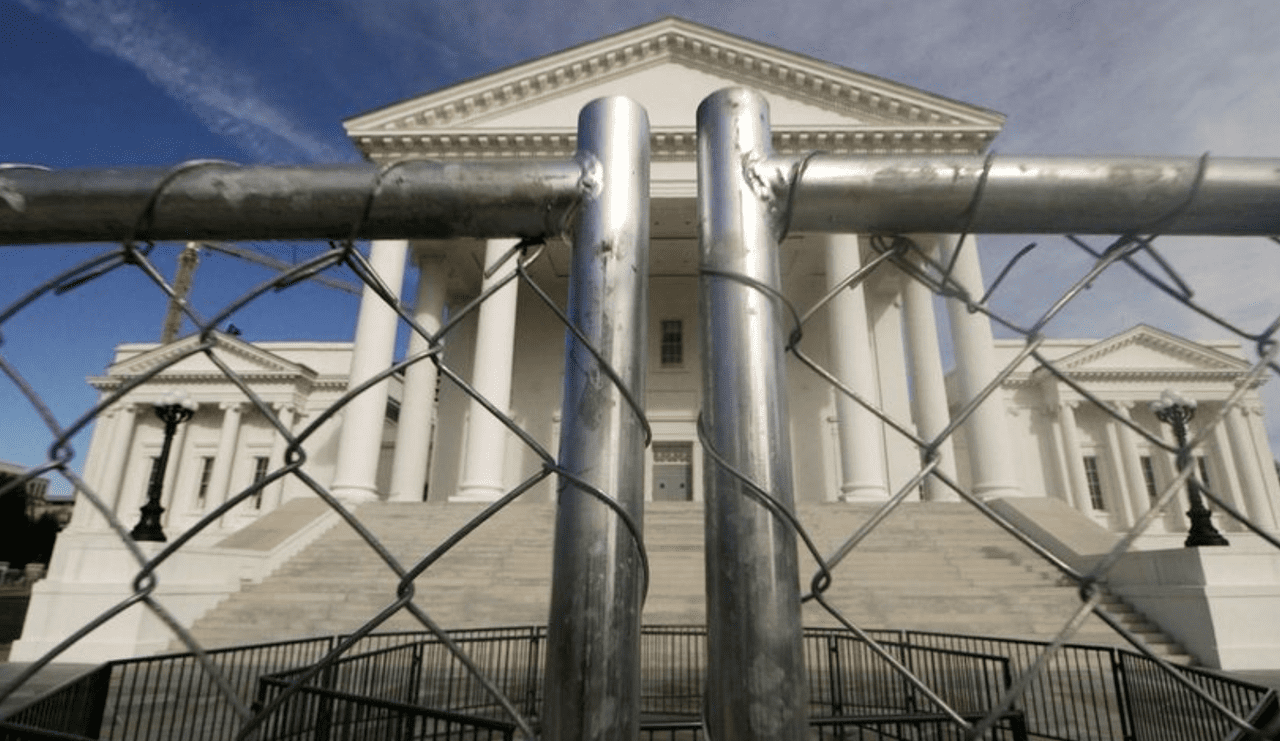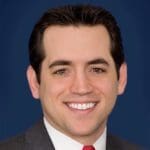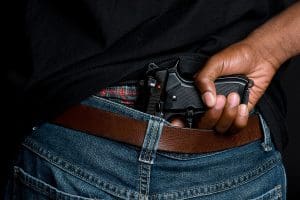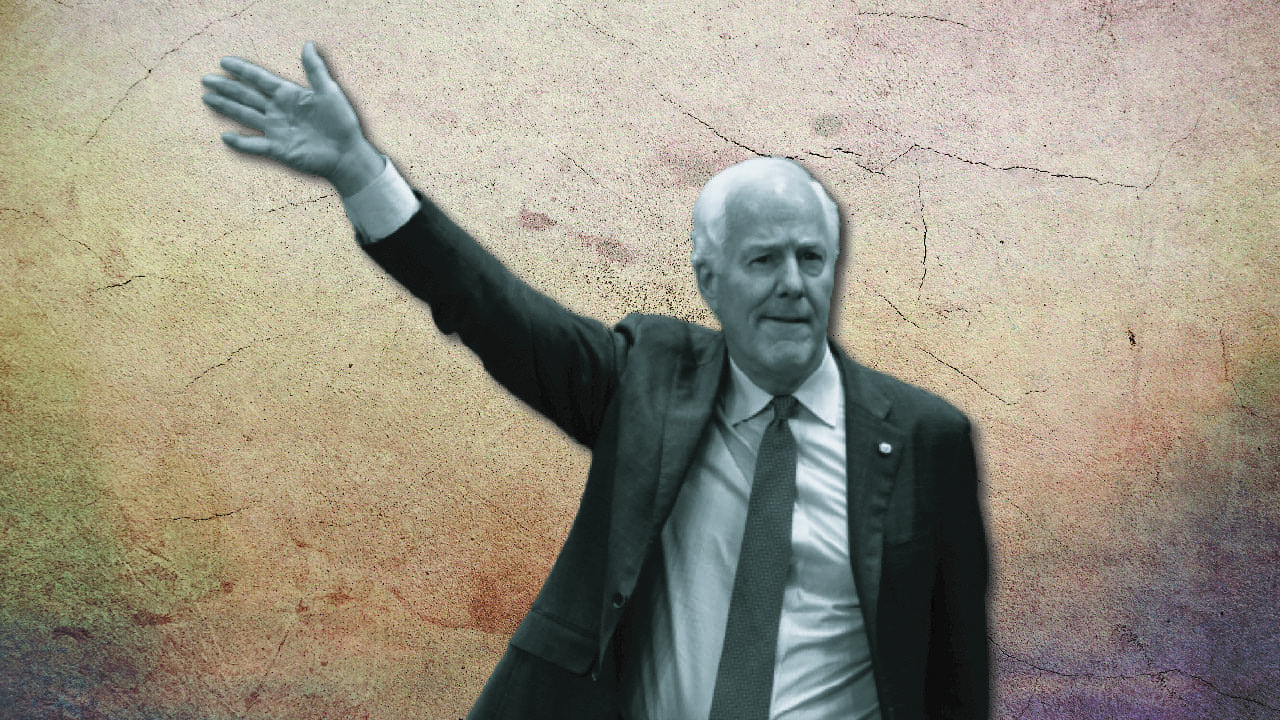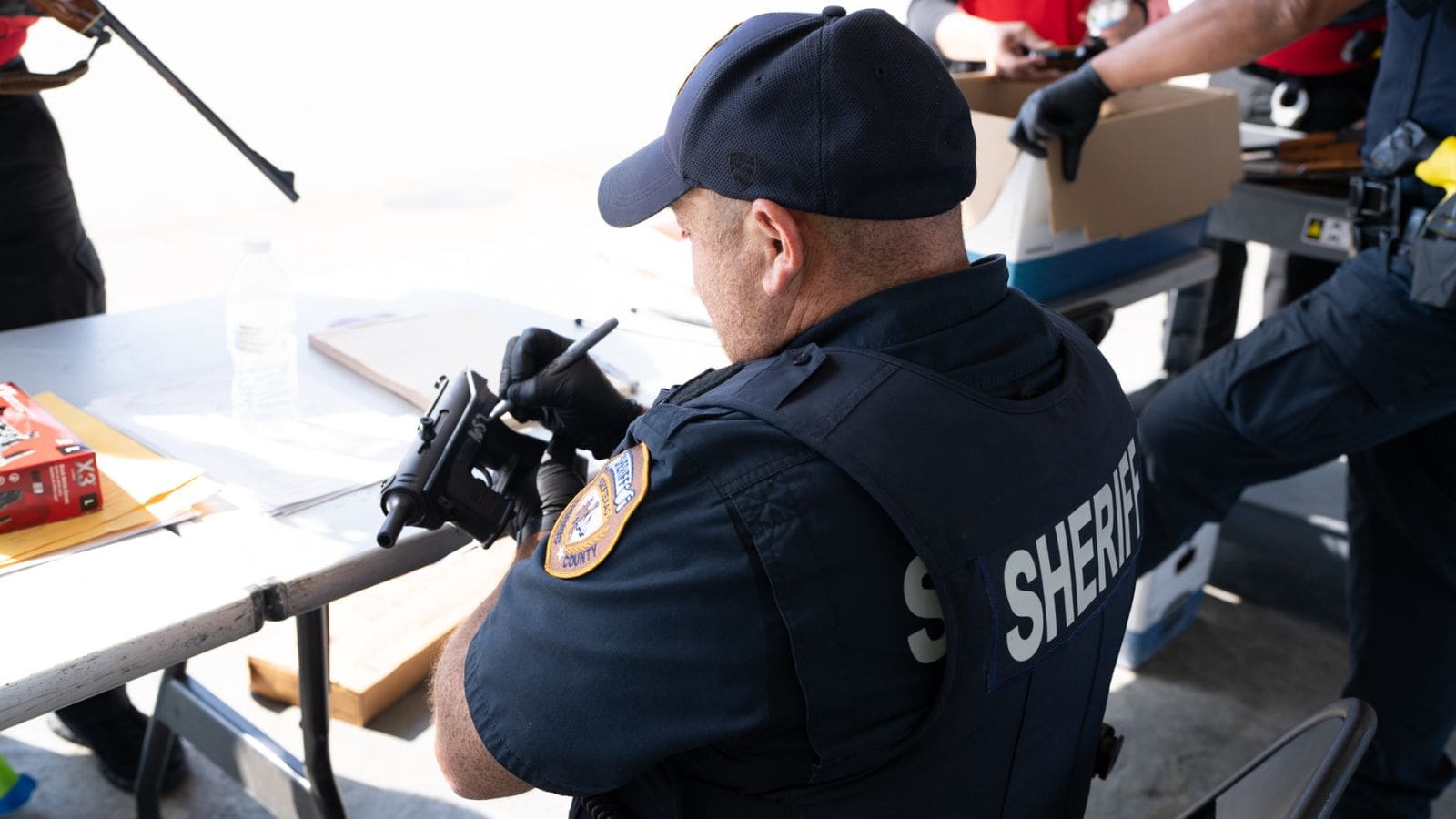None of our rights, including the right to bear arms, are subject to the whims of politicians, polls, or even an electoral majority.
This was the message sent by 22,000 individuals who descended upon Richmond, Virginia, last week to protest a series of gun-control measures proposed by state Democrats. The leftward shift in the most recent election gave Democrats unified control of Virginia’s state government for the first time in a generation.
Many of the protestors were armed and open-carrying handguns and rifles of the sort that Virginia Democrats are attempting to ban. The left-wing media ran headlines urging Virginians to “brace for impact,” yet the event was peaceful with no clashes with law enforcement; there was only one arrest for violation of a mask ordinance, and the protestors picked up trash and left the area pristine. A group of sheriffs even attended the rally to protest the governor’s proposals.
Richmond’s murder rate is high, comparable to that of Guatemala. Despite media alarmism and the governor’s state of emergency declaration, the rally was probably the safest the city has ever been. The armed protestors themselves refuted the pretext for the governor’s gun-control proposals as they gathered outside of his “gun-free” zone.
The extraordinary demonstrations were in response to Democrat measures to (1) limit purchases of handguns to one per month, (2) eliminate state pre-emption of local firearms laws in parks and buildings, (3) enforce mandatory background checks for person-to-person sales, and (4) create a “red-flag” law, each of which were recently approved by the Virginia State Senate. Democrats have also proposed a ban on so-called “assault weapons,” which appears to have stalled due to bipartisan opposition.
In addition to the massive public outcry against gun restrictions, more than 100 municipal governments have designated themselves “Second Amendment sanctuaries” and will refuse to enforce the new gun-control laws.
While Texas is not yet the Democrat stronghold Virginia has become, there are similarities. Like Virginia, Texas is a Republican southern state that has become more competitive for Democrats than it was even five years ago. In 2018, for example, Robert “Beto” O’ Rourke won a majority of Texas House districts (76 of 150). If every voter who selected O’Rourke had voted straight Democrat down the ballot, Democrats would have held a one-vote majority in the Texas House in 2019.
What lessons should Texans learn from these developments in Virginia?
First, that our republican system of government can be used effectively to protect existential threats to our liberty posed by those in either party—if our elected officials have the will. Our Founders recognized that elections or public opinion do not legitimize the infringement of fundamental rights and were determined to forestall the dangers pure democracy posed to those rights, such as the right to bear arms. Constitutional protections and checks and balances are designed to enable electoral minorities to withstand assaults on our liberty by democratically elected politicians.
Virginia Democrats won an election and immediately moved to infringe on Second Amendment rights. In addition to the inevitable court challenges that will arise, local governments have en masse refused to enforce these unconstitutional proposals.
Activists in Texas should encourage their elected officials to likewise declare their cities and counties “Second Amendment sanctuaries.” They should also support statewide legislation preventing state and local officers from enforcing federal gun-control laws.
Second, the so-called “death” of popular support for constitutional conservatism is greatly exaggerated. While the Republican Party in Texas suffered electoral losses in recent years, most Texans largely agree with its conservative policy views on a wide range of issues.
Despite Democrat gains in Virginia and Texas, there remains a massive movement of citizens willing to go to great lengths to fight any infringement of their rights. The grassroots are powerful and need to flex their muscle more often so that politicians will take note. Texans need to demand more of officials who claim to agree with them.
Third, our statewide leaders in Texas don’t appear to understand the first two points. Efforts to enact legislation prohibiting state and local officers from assisting in the enforcement of federal gun-control laws died in the 86th Legislative Session when Speaker Bonnen assigned them to a committee chaired by a Democrat.
Even more unbelievable is that of the four gun-control proposals that sparked the Virginia protests, our statewide Republican leaders have come out in support of two of them: universal background checks and red-flag laws.
You read that right—50 percent of the gun-control laws that 22,000 people demonstrated against have been proposed by Texas GOP statewide leaders. Lt. Gov. Patrick, who was long regarded as the most conservative statewide Republican, specifically cited polling as a reason for supporting universal background checks and rightfully drew the ire of gun-rights groups like the NRA.
While our statewide GOP officials have seen polling trends and Democrat gains as a sign that they should take more centrist positions on issues like gun control, the massive and motivated opposition in Virginia should make them think twice.
As many experts have recognized, the electorate is strongly divided, and the moderate middle being staked out by many politicians alienates the vast majority of voters. But public opinion is ultimately irrelevant in matters of fundamental rights. Our rights are God-given, meaning they do not rely upon the fleeting impulses of the electorate or consultant-driven polling.
What part of this principle do politicians in Texas and Virginia not understand?
This is a commentary submitted and published with the author’s permission. If you wish to submit a commentary to Texas Scorecard, please submit your article to submission@texasscorecard.com.
